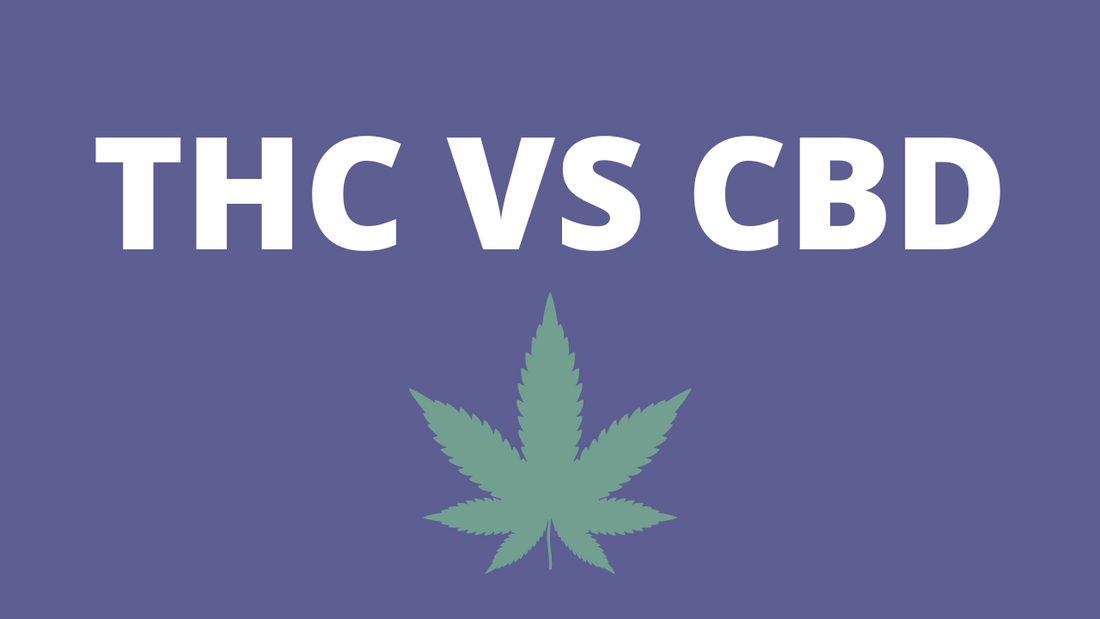Introduction
Cannabis plants contain a variety of compounds called cannabinoids, the most well-known of which are THC (tetrahydrocannabinol) and CBD (cannabidiol). While both THC and CBD have been shown to have potential therapeutic effects, they differ in their chemical structure and the effects they have on the body. Understanding the differences between THC and CBD is important for anyone considering using cannabis-based products for medicinal or recreational purposes.
THC (Tetrahydrocannabinol)
THC, or tetrahydrocannabinol, is the primary psychoactive compound in cannabis. When THC is consumed, it binds to cannabinoid receptors in the brain, triggering a range of effects including altered mood, increased appetite, and altered sensory perception. THC has been studied for its potential therapeutic uses, including reducing symptoms of anxiety and depression, reducing pain and inflammation, and improving sleep. THC is also the primary psychoactive component in marijuana, which is currently illegal in most states in the US.
CBD (Cannabidiol)
On the other hand, CBD, or cannabidiol, is a non-psychoactive compound found in cannabis plants. Unlike THC, CBD does not bind to cannabinoid receptors in the brain and does not produce psychoactive effects. Instead, it is thought to work by interacting with other receptors in the body, such as serotonin and vanilloid receptors, to produce a range of therapeutic effects. These effects may include reducing anxiety and depression, reducing inflammation and pain, and improving sleep. CBD is available in a variety of forms, including oil, capsules, and topical products, and is legal in many states in the US.
Potential therapeutic uses of THC and CBD
When it comes to therapeutic uses, both THC and CBD have shown promise in a number of studies. THC has been studied for its potential to reduce symptoms of anxiety and depression, reduce pain and inflammation, and improve sleep. CBD has also been shown to have potential therapeutic effects, including reducing anxiety and depression, reducing inflammation and pain, and improving sleep. However, more research is needed to fully understand the potential therapeutic benefits of these compounds and how they can be used most effectively.
Legal considerations
There are also significant legal differences between THC and CBD. THC is classified as a Schedule I controlled substance in the US, meaning it is illegal under federal law. However, a growing number of states have legalized marijuana for medical or recreational purposes, meaning that THC is legal in those states. CBD, on the other hand, is not currently classified as a controlled substance and is legal in many states. However, the legal status of CBD can vary depending on the state and the source of the CBD (e.g. hemp or marijuana).
Conclusion
In conclusion, THC and CBD are two of the most well-known cannabinoids found in cannabis plants. While they have some similarities in terms of potential therapeutic uses, they differ in their chemical structure and the effects they have on the body. THC is the primary psychoactive compound in cannabis and is currently illegal in most states, while CBD is non-psychoactive and legal in many states. Understanding the differences between THC and CBD is important for anyone considering using cannabis-based products for medicinal or recreational purposes.

